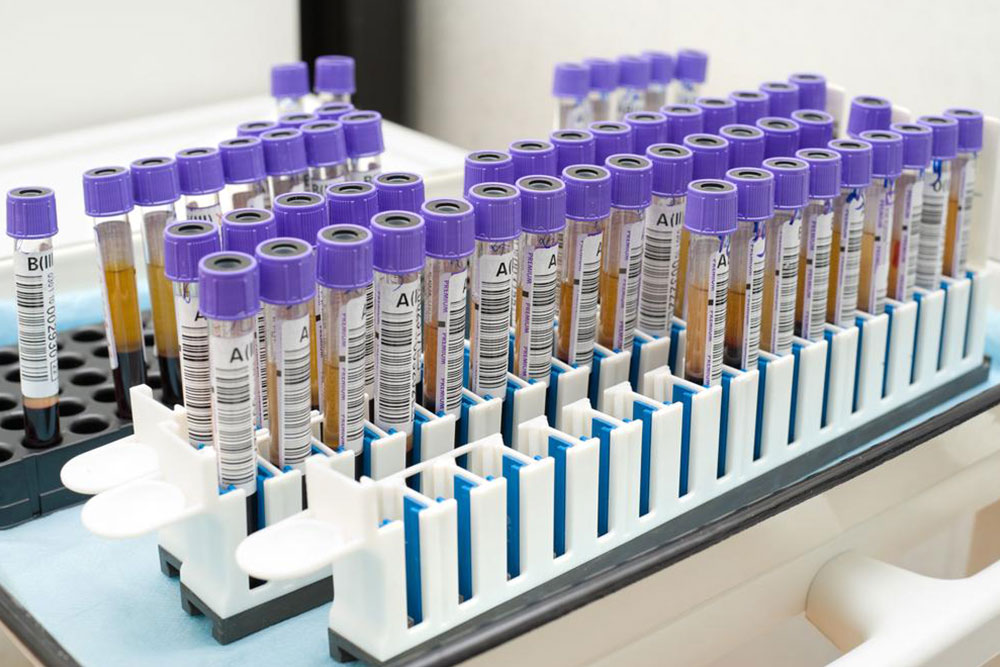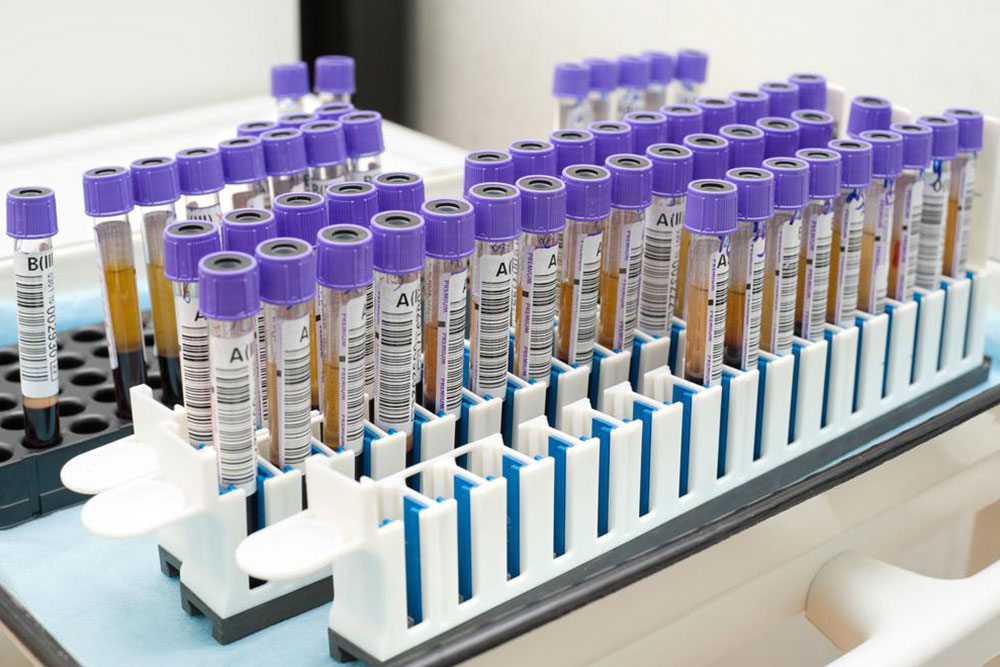The Role of Age-Adjusted PSA Testing in Prostate Disease Detection
This article explains the importance of age-adjusted PSA testing in early prostate cancer detection. It highlights how age-specific PSA levels improve screening accuracy, aiding in early diagnosis and better outcomes for men's prostate health. The piece emphasizes personalized approaches and ongoing research to refine prostate screening methods effectively.

Prostate-specific antigen (PSA) is a protein secreted by the prostate gland that helps in semen production and sperm movement. Usually contained within the prostate ducts, small amounts may leak into the bloodstream, which can indicate prostate problems such as cancer. Since PSA levels are affected by age and other factors, medical professionals use age-specific PSA reference ranges to better identify abnormal results. This method, established many years ago, improves early detection of prostate conditions. Due to the high incidence of prostate cancer among men, age-adjusted PSA testing remains a crucial tool for early diagnosis.
Typically, PSA testing is combined with digital rectal exams for men over 50 to assess prostate health. A PSA level higher than 4 ng/ml often prompts further testing. Nonetheless, men with lower levels could still have prostate cancer, highlighting the importance of personalized screening approaches. PSA levels tend to increase naturally with age; for example, levels above 2.5 ng/ml in men under 50 or above 3.5 ng/ml in those aged 50-59 may suggest the need for additional evaluation. Men aged 60 and above should consider further testing if PSA reaches or exceeds 4 ng/ml.
Detecting prostate cancer early is essential, as it often presents no symptoms initially. Age-adjusted PSA screening improves early diagnosis and treatment success. Researchers continue exploring factors like ethnicity and lifestyle to enhance screening precision. Using demographic-specific PSA thresholds allows for more accurate prostate health assessment, potentially decreasing late-stage diagnoses and bettering men's health outcomes.
Note: This information is intended for general understanding and does not replace professional medical advice. Always consult healthcare providers for personalized screening and diagnosis recommendations.


